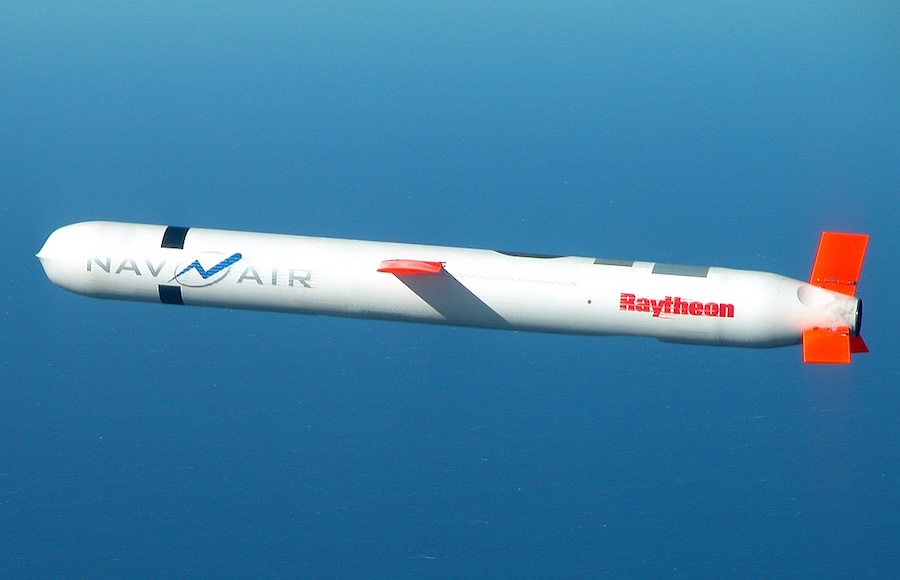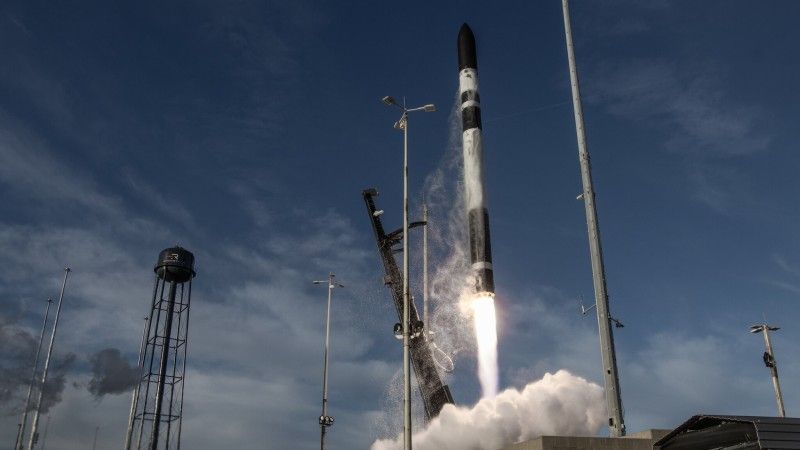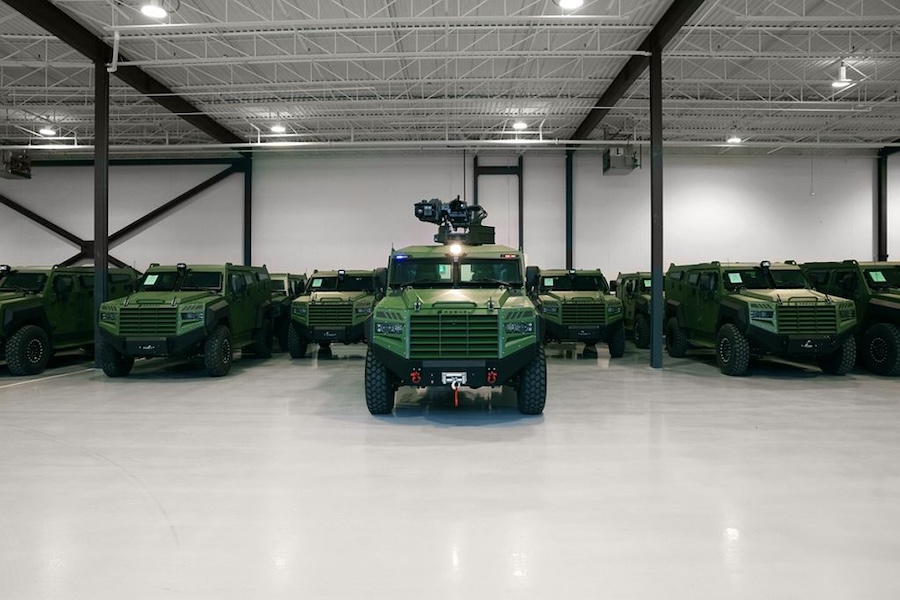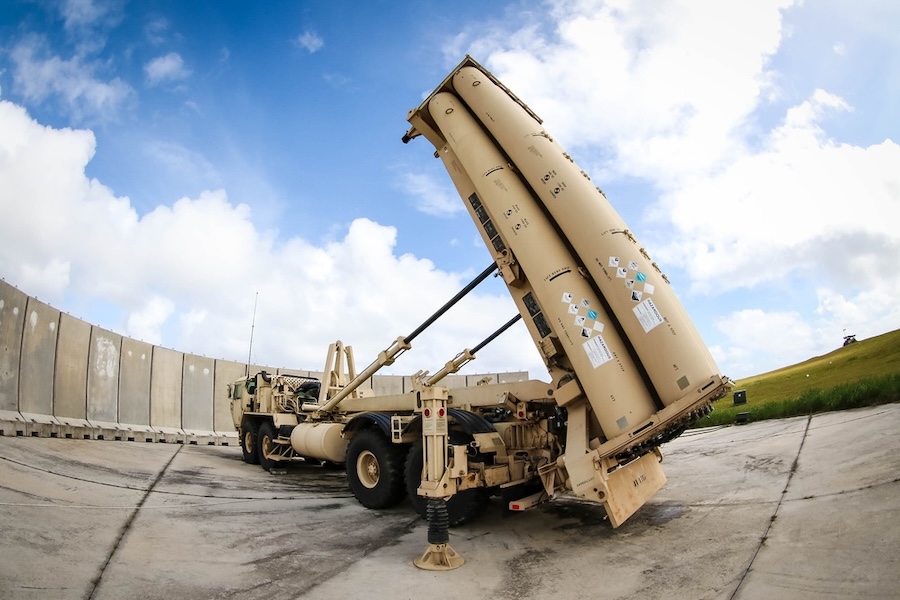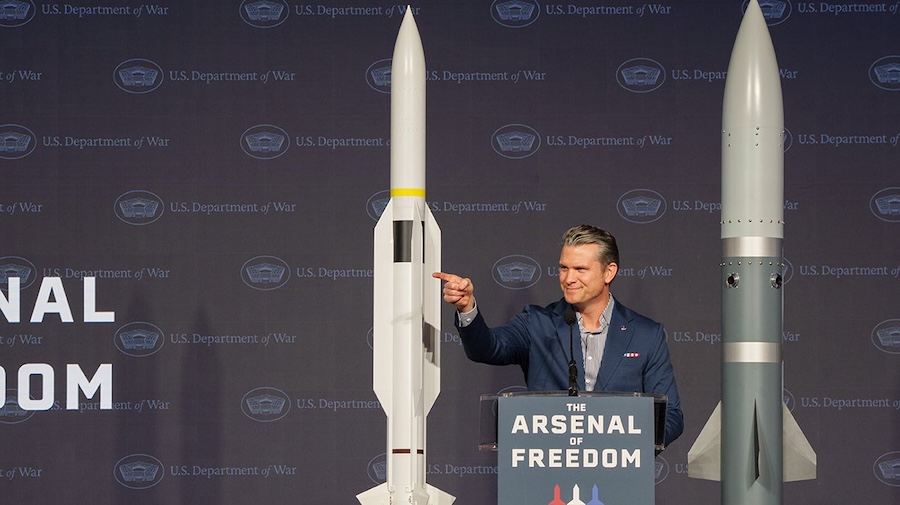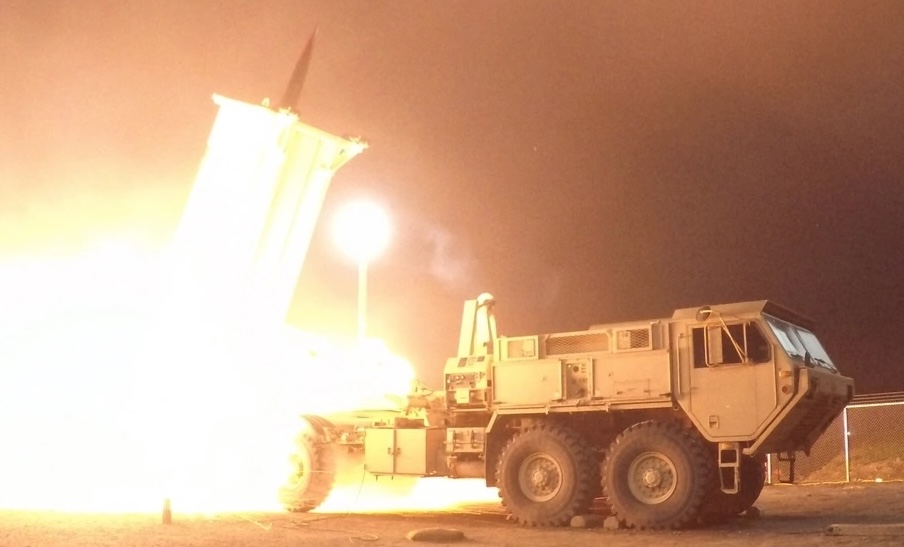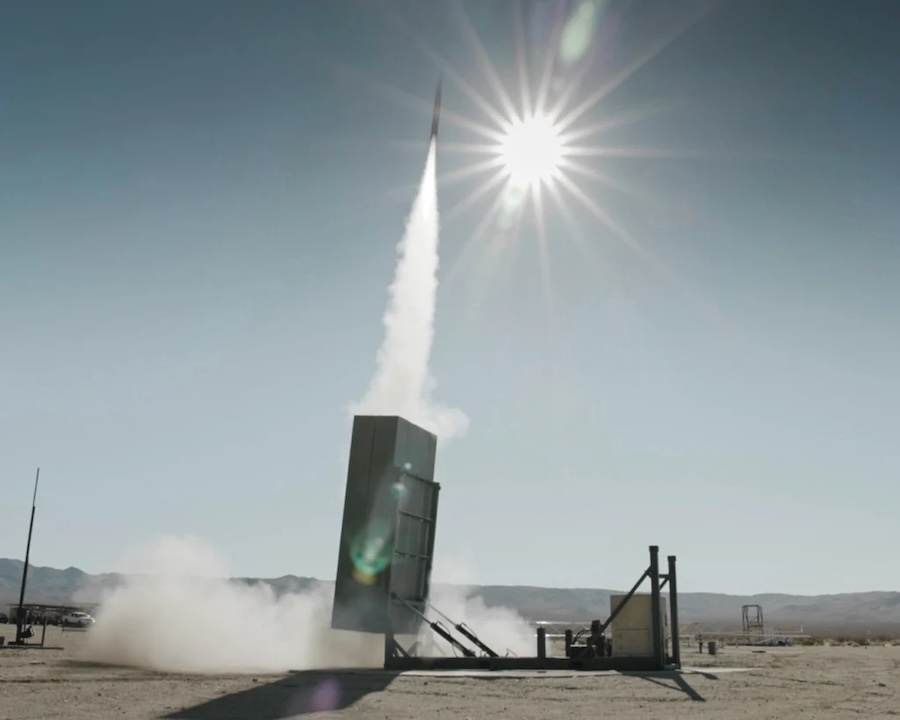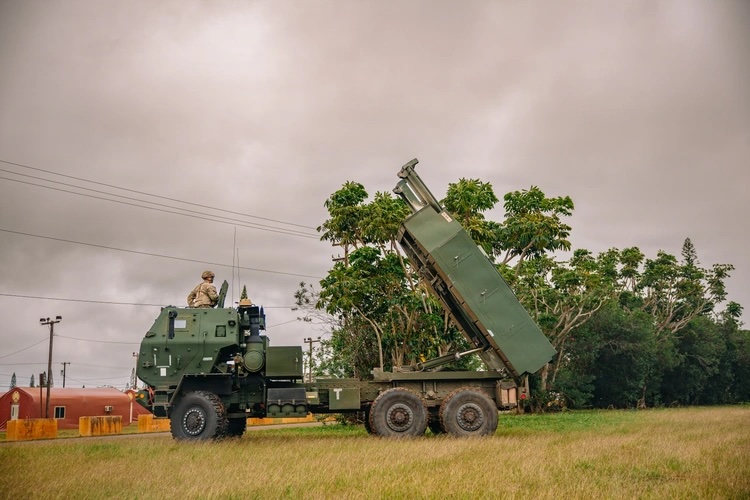The Digital Backbone Experimentation is a pioneering NATO experiment aimed at enhancing interoperability across domains through cutting-edge 5G and satellite communication technologies. The project reflects NATO’s commitment to strengthening defence capabilities in an interconnected world.
“Hosting the Digital Backbone Experiment in Latvia shows our commitment to advancing defense capabilities and building strong international partnerships. DiBaX brings NATO allies, industry leaders, and defense experts together to strengthen security through innovative solutions,” said Prime Minister Evika Siliņa. “Latvia is proud to play a key role in supporting interoperability and technology within the Alliance.”

“After these two weeks of the Digital Backbone Experiment, we met our objectives to find technical solutions using emerging and disruptive technologies. We found solutions that would lead to improved multi-national force interoperability, improve drone resilience, improve maritime communications, and facilitate data-centric operations. Sharing expertise and solutions between NATO and nations in events such as the Digital Backbone Experiment allows for improved capabilities and saves money in the development of these advanced capabilities,” said Mr. Warren Low, the Event Lead from NATO Allied Command Transformation.
The Digital Backbone Experimentation delved into the potential applications of 5G technology for military operations, including the use of drones, fostering collaboration between NATO nations and industry to identify and develop innovative technological solutions with a heightened focus on sustainability — in line with NATO’s Operational Energy Concept. The experimentation ensured NATO forces can operate seamlessly together, leveraging technology for a strategic advantage.
Defence capabilities are increasingly enhanced by technological advancements like Next Generation Communications Networks. With the world’s transition to 5G, also known as the fifth generation of telecommunication technologies, NATO Allied Command Transformation is constantly developing new capabilities to contribute to the Alliance’s Military Instrument of Power. Other advanced communication technologies, such as low earth orbiting satellites, have a direct and far-reaching influence on global defence and security. “The Digital Backbone Experimentation 2024 is a very significant event, as it provides with the opportunity to validate technologies in real life situations in the military environment. Latvia’s technology companies play an important role in NATO’s defence innovation projects, contributing to the development of secure and resilient command and control systems. This allows to develop technologies and capabilities to maintain the Alliance’s technological edge, operational readiness and ensure NATO’s defence and deterrence policy,” was highlighted by Latvia’s Defence Minister, Andris Sprūds.

One of the key objectives of DiBaX was to improve secure and reliable communication channels between units and command centres, using advanced technologies like 5G and satellite communications. Another goal was to ensure interoperability, allowing forces from different NATO member countries to operate together effectively, sharing data and coordinating actions in real-time. This year’s event emphasized coordination of maritime, air, land, space and cyber forces to conduct comprehensive multi-domain operations, enhancing NATO’s readiness and ensuring Allied forces can effectively respond to different threats and challenges in a rapidly evolving digital landscape.
The support from Latvian Mobile Telephone (LMT) — a Latvian mobile operator and 5G innovator — provided the necessary infrastructure, equipment and expertise to successfully test and validate all the experiments; from the maritime use of 5G technology to communicate between ships and to manoeuvre unmanned vessels, to the use of aerial drones for reconnaissance and targeting missions, to the deployment of ground unmanned vehicles for effective medical evacuation of wounded soldiers.
“At LMT, we see 5G as more than just communication—it is a powerful tool for defence and security. We are excited to see our 5G testbed used for the third year in NATO experimentation. As a tech company rooted in research and development, LMT has grown beyond telecommunications, using our 5G expertise to strengthen defence capabilities. In today’s geopolitical climate, international partnerships are essential to show how advanced technology can shape the future of defence. We are proud to support NATO, the National Armed Forces, the Ministry of Defence, and our allies in their efforts to modernize defence capabilities,” said Dr. Juris Binde, President of LMT.

Scenario-based Multi-Domain Operations experiments presented multiple Emerging and Disruptive Technologies Demonstrations in support of the NATO Digital Transformation priority. As 5G technologies are generally designed for civilian environments, specific adaptation and approaches had to be considered for military applications. The event also demonstrated solutions to increase effectiveness within a GPS-denied environment by using electromagnetic spectrum interference. The data captured during the experiment will be further analysed to provide detailed insights for the operational and transformational communities to support Allied Command Transformation’s Multi-Domain Operations implementation plans.
The Digital Backbone Experimentation 2024 provided a tremendous opportunity for validation and exploration of innovative solutions; the results of the experiments conducted will be used to inform development and operationalization of Digital Transformation and Multi-Domain Operations related concepts and capabilities. Equally important was developing the human expertise and networking which provide the foundations for accelerating development in Next Generation Communications Technologies for the Alliance.


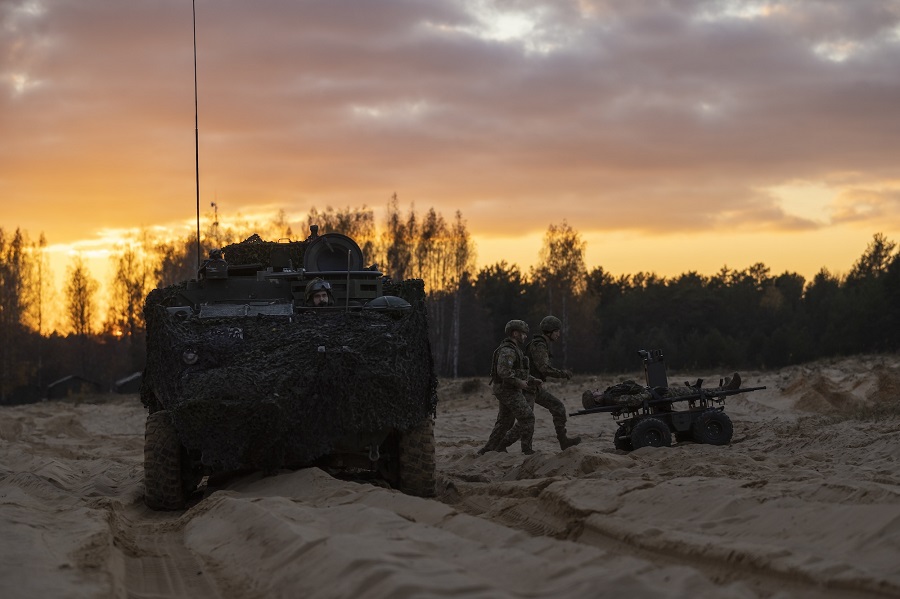







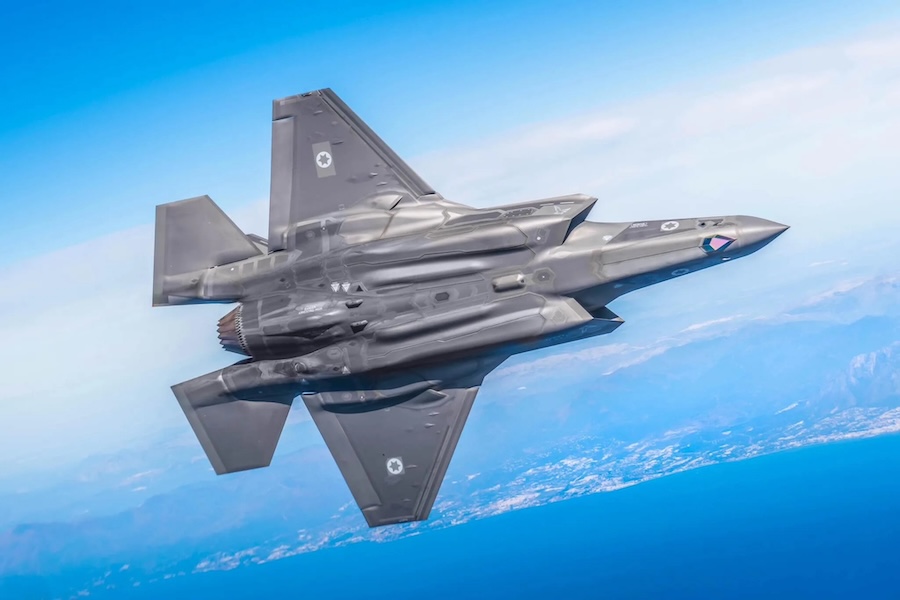
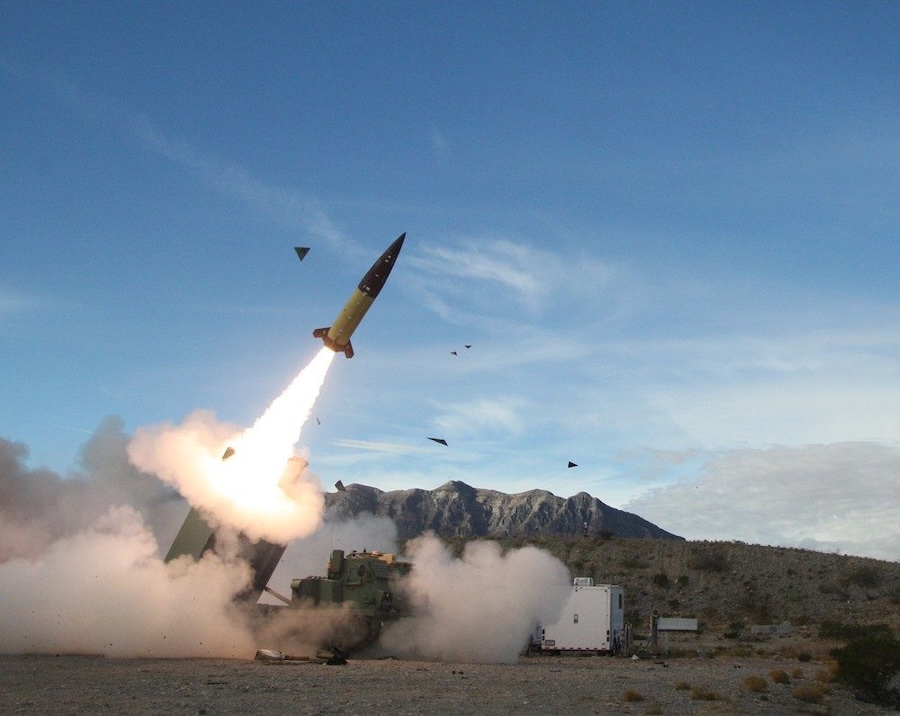
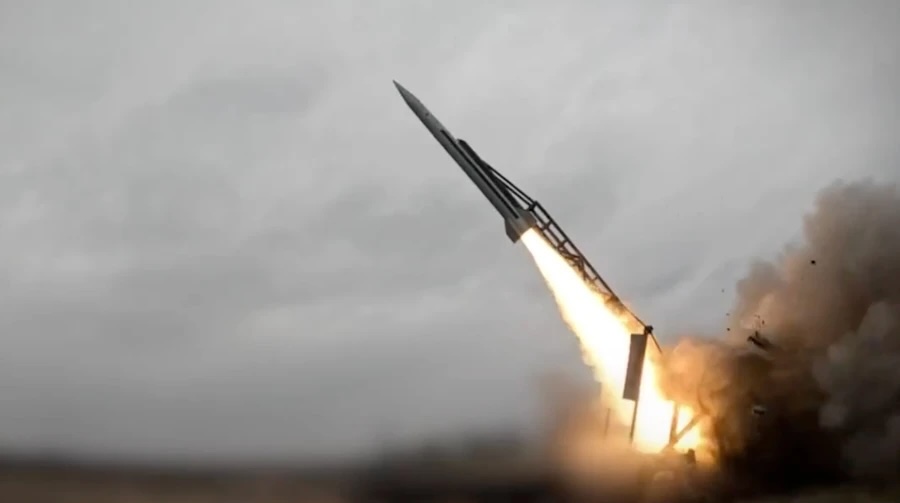

![Inside Operation Roaring Lion: IDF launches largest air campaign in history, striking over 500 targets in Iran [VIDEO]](https://defence-industry.eu/wp-content/uploads/2026/03/operation-roaring-lion-idf-launches-largest-air-campaign-in-history-striking-over-500-targets-in-iran-video.jpg)
